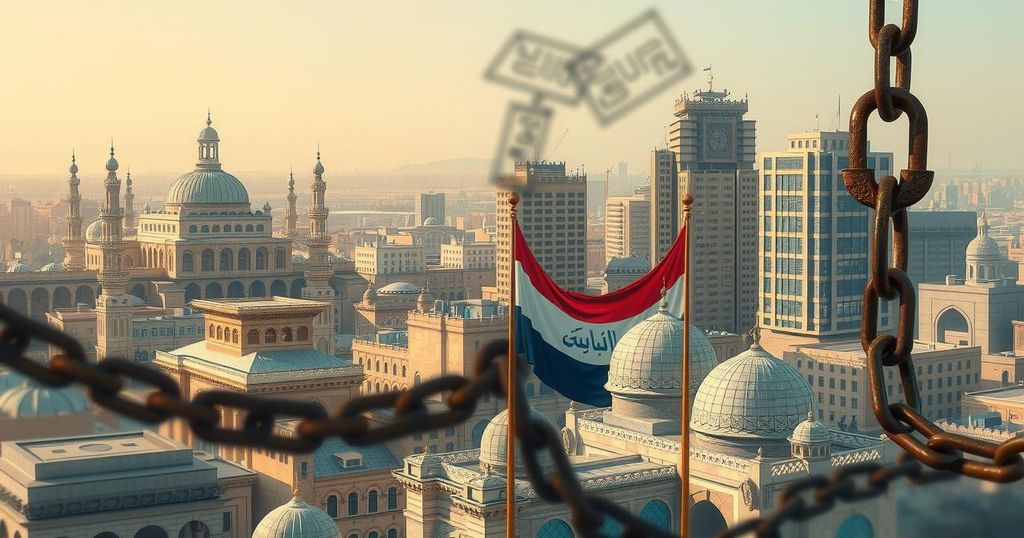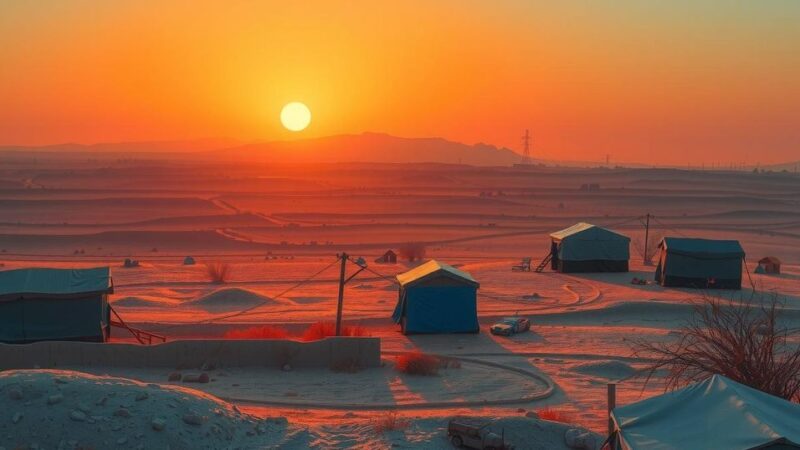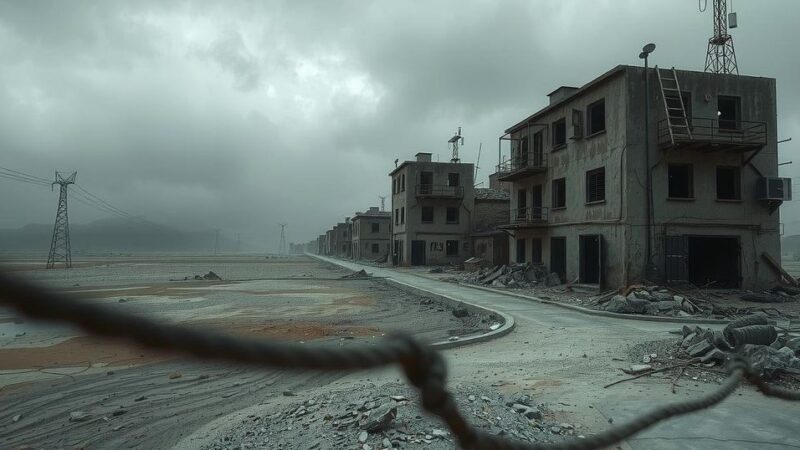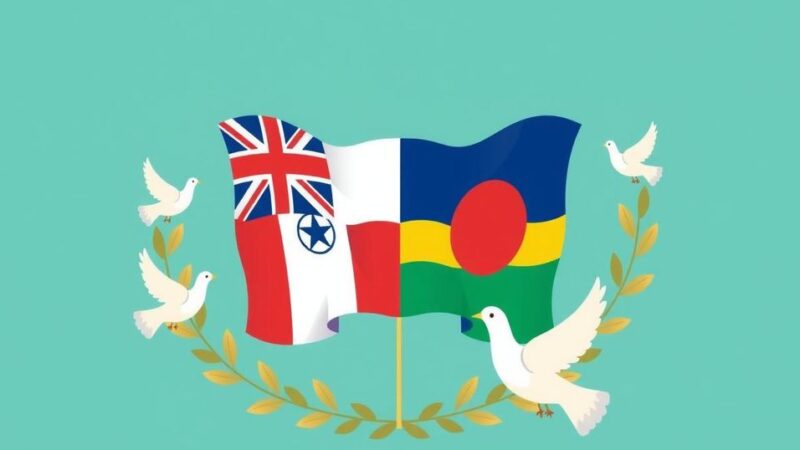The invitation to Syrian President Ahmad al-Sharaa for an upcoming Arab League summit in Baghdad has generated significant political conflict within Iraq. His past as a Sunni militant and existing arrest warrants have raised concerns among powerful Shiite factions, while some Sunni politicians support his presence for diplomatic reasons. This controversy highlights the ongoing sectarian tensions and challenges in Iraq’s political reconciliation efforts.
An official invitation extended to newly elected Syrian President Ahmad al-Sharaa to attend the upcoming Arab League summit in Baghdad has precipitated notable political divisions within Iraq. Al-Sharaa assumed his position following a rapid rebel offensive that ousted his predecessor, Bashar Assad. While he now seeks to present himself as a unifying figure post-civil war, his background as a Sunni Islamist militant raises concerns among various Iraqi factions, particularly Shiite groups.
Al-Sharaa, previously known as Abu Mohammed al-Golani, had been associated with al-Qaida insurgents during the Iraq War after the U.S. invasion in 2003. He continues to face an arrest warrant in Iraq on terrorism charges. Prime Minister Mohammed Shia Al-Sudani confirmed the invitation to al-Sharaa for the summit on May 17, following a secretive meeting in Qatar, although al-Sharaa has yet to announce his attendance.
Iraq aims to act as a mediator in the region, having facilitated discussions between Iran and Saudi Arabia. There are perspectives, particularly among Iraqi and regional stakeholders, that this invitation could enhance Baghdad’s reputation as a diplomatic center. However, staunch opposition arises from powerful Shiite factions aligned with Iran, as Tehran was a significant supporter of Assad during the Syrian civil war.
Shiite militias, which collaborated with Assad’s forces, view al-Sharaa’s invitation unfavorably. Mustafa Sand, an MP from the Iran-aligned Coordination Framework, mentioned the necessity to verify the arrest warrant against al-Sharaa, which has been confirmed by the Supreme Judicial Council. A senior security official also corroborated the existence of the warrant to the Associated Press.
Representatives from the Islamic Dawa Party, led by former Prime Minister Nouri al-Maliki, have called on the government to ensure that all summit participants possess clean legal records and have not committed crimes against Iraqis. Conversely, Sunni political factions assert the importance of al-Sharaa’s participation, with former MP Dhafir Al-Ani arguing that barring his attendance would signify that violence continues to overshadow Iraq’s political landscape.
The Iraqi government has remained silent amidst this backlash. Notably, even if the warrant exists, it may not impede al-Sharaa’s attendance at the summit, as some countries have previously waived similar legal actions. The U.S. had opted not to pursue earlier rewards for al-Sharaa’s capture after Assad’s fall but has not recognized the new Syrian leadership formally. This overall controversy reveals the underlying political fissures within Iraq and emphasizes the difficulties in achieving national reconciliation efforts. Political analyst Munaf Al-Musawi reflected on the situation, stating, “Some see welcoming al-Sharaa as an insult to the memory of Iraq’s victims, while Sunni factions view his participation as a political victory. This could risk fueling sectarian tensions.”
The invitation extended to Syrian President Ahmad al-Sharaa for the Arab League summit has sparked significant political discord within Iraq, reflecting deep-seated sectarian divisions. While some factions support al-Sharaa’s inclusion as a diplomatic gesture, powerful Shiite groups oppose it due to his militant history and active arrest warrants. This situation underscores the complexities of Iraq’s political landscape and the challenges of fostering reconciliation amidst historical grievances.
Original Source: www.usnews.com






